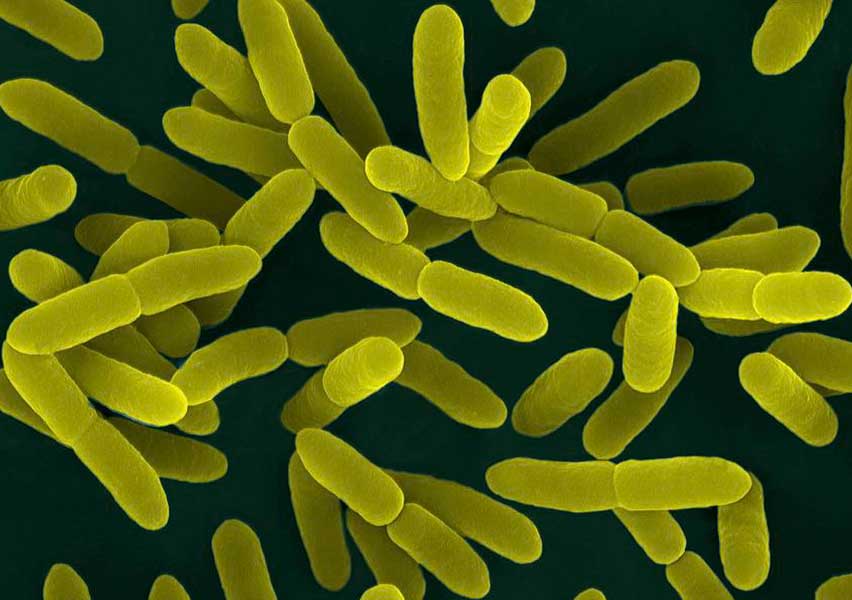Yersinia enterocolitica
Yersinia enterocolitica is a Gram-negative bacterium belonging to the Yersiniaceae family, genus Yersinia. It is a non-spore-forming coccobacillus, facultative anaerobe, and is motile at 22 °C due to peritrichous flagella (a feature lost at 37 °C). It has a thin capsule, pili, and fimbrae, and is metabolically catalase positive, urease positive, glucose- and sucrose-fermenting, and oxidase negative. It can survive and multiply across a wide temperature range, even at refrigeration levels (-1 °C to +40 °C).
Clinical features:
Yersinia enterocolitica causes yersiniosis, an enteric zoonotic infection that is less common than other diarrheagenic pathogens but clinically significant, especially in Europe. Yersiniosis is primarily acquired through the ingestion of contaminated food or water (notably undercooked pork, unpasteurized dairy products, or vegetables), or through direct contact with infected animals such as pigs, rodents, or pets.
The disease typically manifests as an acute, self-limiting enterocolitis with diarrhea (which may be bloody), fever, abdominal pain (often in the lower right quadrant), nausea, and vomiting. These symptoms can mimic appendicitis, particularly in children. Other presentations include mesenteric adenitis, terminal ileitis, and hemorrhagic ileocecal necrosis. Post-infectious complications may include reactive arthritis and erythema nodosum.
In immunocompromised patients, the elderly, or infants, Y. enterocolitica may cause systemic infections such as sepsis, which can be life-threatening.
Diagnosis:
Diagnosis of yersiniosis involves isolation of the bacterium from stool, blood, or lymph node cultures. Due to its cold growth preference, cold enrichment (incubation at 4 °C) may enhance detection. Selective culture media and serologic or molecular techniques (e.g., PCR) facilitate faster and more accurate identification.
Treatment:
Most cases of Yersinia enterocolitica infection are self-limiting and do not require antibiotic therapy. However, in severe or systemic infections, or in high-risk patients, antibiotics such as third-generation cephalosporins (e.g., ceftriaxone), fluoroquinolones (e.g., ciprofloxacin) or aminoglycosides are recommended. Although resistance is uncommon, susceptibility testing is advised.
Yersiniosis is an emerging zoonotic infection of public health importance. Preventive strategies include safe food handling practices, thorough cooking of meat, especially pork, and improved animal health monitoring.

